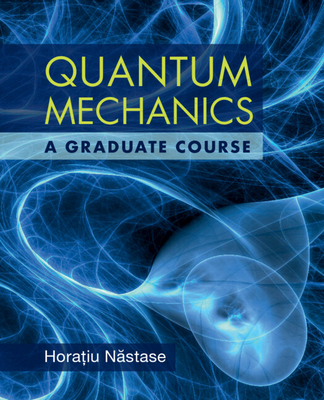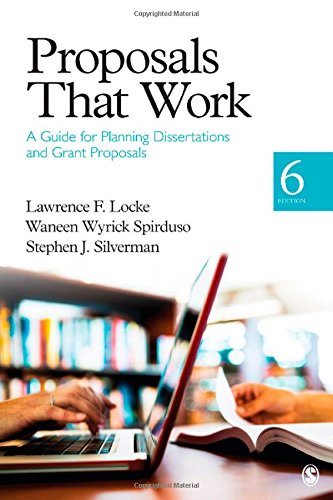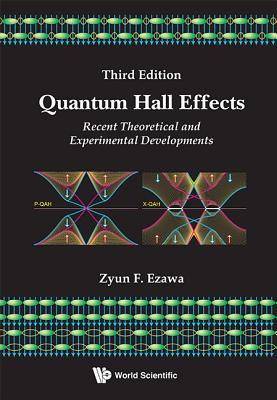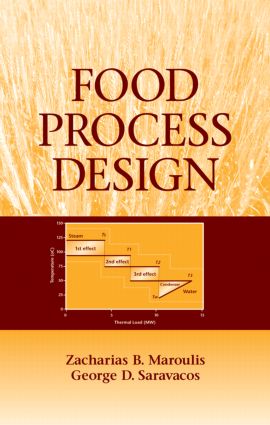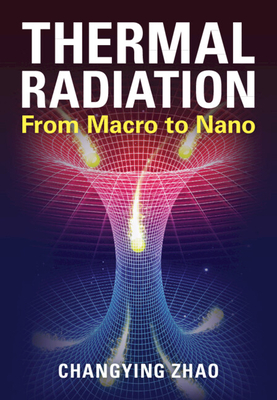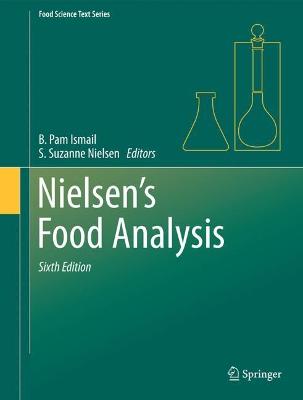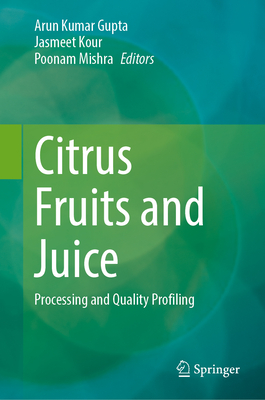图书简介
This unique book deals with both inflammation and cancer in a single source of publication. They are seldom grouped together although it has been known that both diseases are closely associated, particularly in the gastrointestinal tract and liver. As the book touches on two such major areas of diseases in humans, it should be of interest to a wider audience of researchers and readers. It is noted that the book combines the effort of both basic scientists and clinicians from different countries with extensive experiences in molecular biology and clinical practice to unveil the most updated picture of the pathogenesis and therapeutic strategies in the treatment of inflammation and cancer in the digestive tract. In this regard, potential pathogenic modulators and also therapeutic options are widely discussed. These types of information would definitely broaden our knowledge in better understanding these diseases.
Key Features:
o A unique feature of book consisting of two important subjects of diseases, namely inflammation and cancer in a single publication
o Attractive to students, basic scientists and also clinical researchers as a reference for their research and clinical practice in a variety of fields including oncology, gastroenterology, hepatology, pathology and pharmacology in academic and industrial sectors
o A diversified panel of contributors from Asia-Pacific, Europe and North America with different backgrounds including basic scientists and clinical practitioners to share their views with different perspectives
General Introduction to Inflammation and Cancer in the Digestive Tract (Ming Xing Li and Chi Hin Cho); Inflammation and Therapeutics in the Digestive Tract: Brain–Gut Relationship on Mucosal Inflammation in the Gastrointestinal Tract (Klara Gyires and Ágnes Fehér) Nesfatin-1: The Novel Appetite Peptide with Therapeutic Efficacy to Prevent Acute Hemorrhagic Gastric Lesions and Accelerate Gastric Ulcer Healing (Aleksandra Szlachcic, Jolanta Majka, and Tomasz Brzozowski) Chemoprophylaxis in Inflammatory Bowel Disease (Nikola Mitrev, Aladdin Alswaifi, and Rupert W Leong) Targeting the Nuclear Receptor HNF4α as a Potential Therapy for Gut Inflammation and Cancer (Jean-Philippe Babeu and François Boudreau) Established Therapies and New Therapeutic Strategies in Alcoholic Liver Disease (Helmut Karl Seitz and Sebastian Mueller) Carcinogenesis and Therapeutic Targets in the Gastrointestinal Tract: Targets of Tumor Epigenetics and Its Microenvironment in Gastrointestinal Cancer (Ssu-Yin Yen, Hong-Meng Chuang, Mao-Hsuan Huang, Sheng-Feng Tsai, Tzyy-Wen Chiou, Hong-Lin Su, Li-Ing Ho, Shinn-Zong Lin, and Horng-Jyh Harn) Esophageal Cancer: From Bench to Bedside (Gang Ma and Zhihua Liu) Angiogenesis and Lymphangiogenesis in Gastric MALT Lymphoma: Relation of VEGF and VASH2 (Masahiko Nakamura, Anders Øverby, and Hidenori Matsui) NF-κB as a Potential Molecular Target for Therapy of Gastrointestinal Cancers (Nathan Palmer, Muthu K Shanmugam, Gautam Sethi, and Philipp Kaldis) Hypoxia-Inducible Factor-1κ Modulation in Colorectal Carcinogenesis (Francesco Mariani, Stefano Mancini, Paola Sena, and Luca Roncucci) Therapeutic Approaches Targeting the Serrated Pathway of Colorectal Cancer Characterized by Mutation in the BRAF Gene and Overexpression of GTPase Rac1b (Paulo Matos, Vânia Gonçalves, and Peter Jordan) The \"Yin\" and \"Yang\" of Target-Oriented Anticancer Phytochemicals Derived from Herbal Medicines (Kathy K Auyeung and Joshua K S Ko) The Degradation System of Prostaglandin E2 in Gastrointestinal Cancer (Tetsuya Tanigawa, Toshio Watanabe, Shogo Takeda, Hiroshi Tatsuwaki, Masatsugu Shiba, Kazunari Tominaga, Yasuhiro Fujiwara, and Tetsuo Arakawa) Prostaglandin and Its Receptors: Potential Targets for Gastrointestinal Inflammation and Cancer (Vivian Y Shin and Ava Kwong) Autophagy and microRNAs as the Therapeutic Targets in Gastrointestinal Cancers: Modulation of Autophagy as a Potential Therapeutic Target for Gastrointestinal Cancers: Promises and Uncertainties (Li Ma) microRNAs as Therapeutic Targets for Gastric Cancer (Takatsugu Ishimoto and Hideo Baba) microRNA-based Novel Therapeutic Development in Gastrointestinal Cancer (Andrew Fesler and Jingfang Ju) Unraveling the Relationship between Autophagy and microRNA in Gastrointestinal Cancer (Yuanyuan Yin, Peiqi Wang, Yaxin Zheng, Yi Chen, and Jinhui Wang);
Trade Policy 买家须知
- 关于产品:
- ● 正版保障:本网站隶属于中国国际图书贸易集团公司,确保所有图书都是100%正版。
- ● 环保纸张:进口图书大多使用的都是环保轻型张,颜色偏黄,重量比较轻。
- ● 毛边版:即书翻页的地方,故意做成了参差不齐的样子,一般为精装版,更具收藏价值。
关于退换货:- 由于预订产品的特殊性,采购订单正式发订后,买方不得无故取消全部或部分产品的订购。
- 由于进口图书的特殊性,发生以下情况的,请直接拒收货物,由快递返回:
- ● 外包装破损/发错货/少发货/图书外观破损/图书配件不全(例如:光盘等)
并请在工作日通过电话400-008-1110联系我们。
- 签收后,如发生以下情况,请在签收后的5个工作日内联系客服办理退换货:
- ● 缺页/错页/错印/脱线
关于发货时间:- 一般情况下:
- ●【现货】 下单后48小时内由北京(库房)发出快递。
- ●【预订】【预售】下单后国外发货,到货时间预计5-8周左右,店铺默认中通快递,如需顺丰快递邮费到付。
- ● 需要开具发票的客户,发货时间可能在上述基础上再延后1-2个工作日(紧急发票需求,请联系010-68433105/3213);
- ● 如遇其他特殊原因,对发货时间有影响的,我们会第一时间在网站公告,敬请留意。
关于到货时间:- 由于进口图书入境入库后,都是委托第三方快递发货,所以我们只能保证在规定时间内发出,但无法为您保证确切的到货时间。
- ● 主要城市一般2-4天
- ● 偏远地区一般4-7天
关于接听咨询电话的时间:- 010-68433105/3213正常接听咨询电话的时间为:周一至周五上午8:30~下午5:00,周六、日及法定节假日休息,将无法接听来电,敬请谅解。
- 其它时间您也可以通过邮件联系我们:customer@readgo.cn,工作日会优先处理。
关于快递:- ● 已付款订单:主要由中通、宅急送负责派送,订单进度查询请拨打010-68433105/3213。
本书暂无推荐
本书暂无推荐

